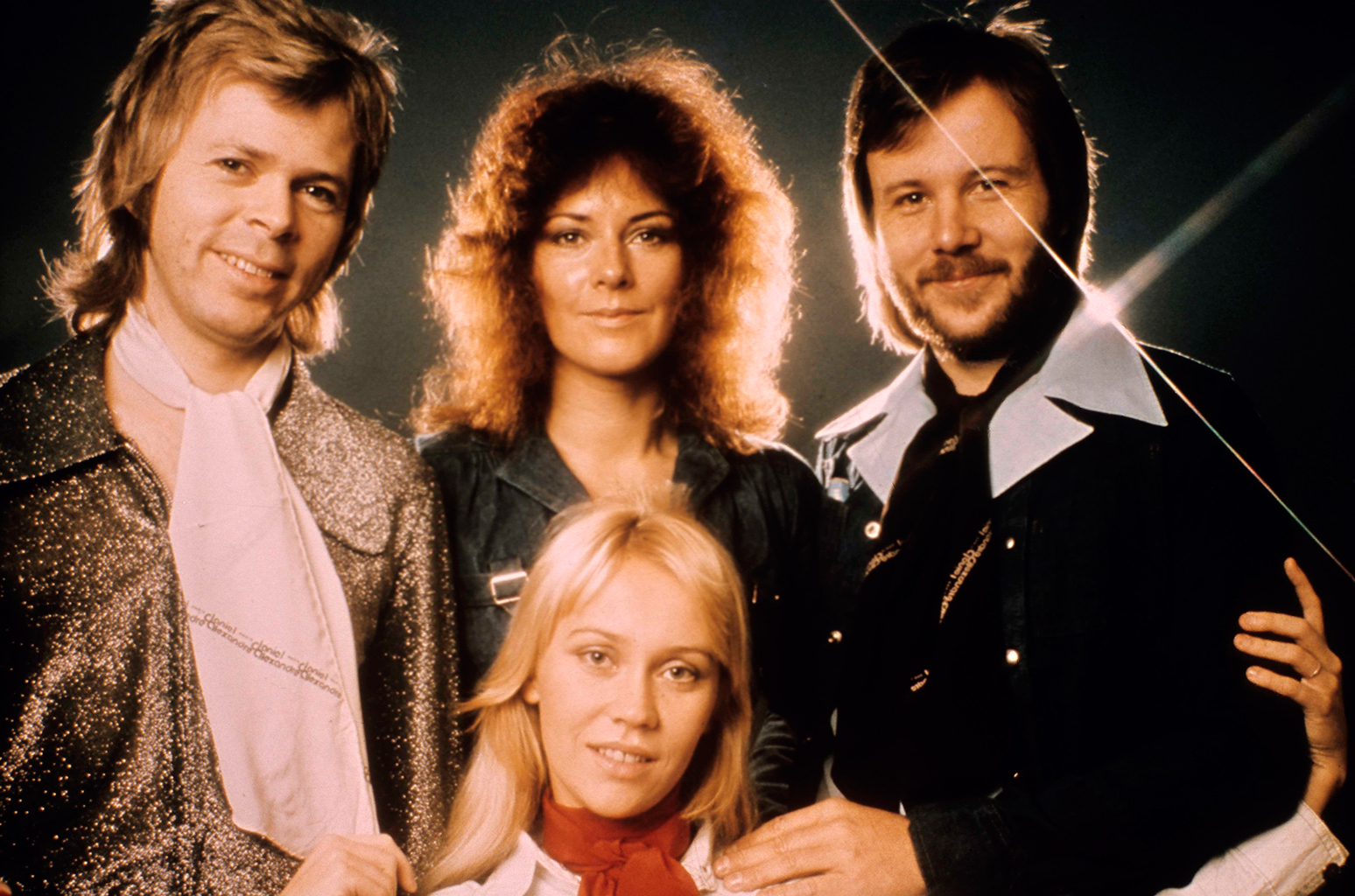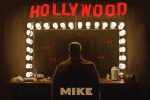Last year, movie theaters everywhere released the much-loved biopic “Bohemian Rhapsody,” a film that followed the epic career of British band Queen. It ended up winning numerous awards, and with the upcoming Elton John biopic “Rocketman,” it appears as if Hollywood has entered into a renaissance of musical biopics, which is why now is the perfect time to add pop band ABBA to the list.
You might not recognize the name ABBA, especially if you weren’t a teenager during the disco-fever era of the ’70s, but you’ve probably heard of the Swedish band’s songs, which were popularized for younger audiences in the 2008 musical “Mamma Mia!”
The script follows 20-year-old Sophie, who invites three strangers to her wedding in the hopes that one of them is her biological father. Throughout the movie, the star-studded cast cheerfully sings and dances to classic ABBA hits like “Dancing Queen,” “SOS” and “Take a Chance on Me,” all of which coordinate with the story. The musical eventually proved to be a success with older fans and newer generations, going so far as to receive its own sequel 10 years later, “Mamma Mia! Here We Go Again.”
While “Mamma Mia!” both renewed interest in and introduced their catchy music to a wider audience, it isn’t a musical biopic by any means. The closest thing right now, in fact, is a 1977 documentary film called “ABBA: The Movie” that focuses on the fictional story of a DJ who is assigned the task of interviewing the band but experiences mishaps along the way. It has since gained a cult following among fans and even includes cameos from ABBA, but it’s time for a film that allows you to experience the band’s greatest hits while also learning about the members themselves.
Much like “Bohemian Rhapsody” was a dramatized version of Queen’s life, a biopic about ABBA could focus on how the Swedish band formed and their rise to international stardom. It would closely follow the lives of the four members of the group: Agnetha Faltskog, Anni-Frid “Frida” Lyngstad, Bjorn Ulvaeus and Benny Andersson. Character relationships would lay out the backbone of the biopic, especially with the knowledge that Faltskog used to be married to Ulvaeus and Lyngstad to Andersson, respectively.
The first scene could open with the serendipitous first meeting of the male members of the band during the ’60s, when Andersson was keyboardist for The Hep Stars, also known as The Swedish Beatles, and Ulvaeus was a member of Swedish band the Hootenanny Singers, who had at the time gained a dedicated Scandinavian following. During a tour bus stop, Andersson happened across Ulvaeus, whose tour bus also happened to stop in the same Swedish countryside.
“We had the same musical tastes,” Ulvaeus would later say of the encounter that would end up forming one half of ABBA. “When Benny started speaking, our ideas were so similar that it was like I was listening to myself.”
Despite the friendship that Andersson and Ulvaeus struck up that day in 1966, the two still performed with their own bands over the next two years, but Hollywood could take liberties with this fact or gloss over it to get to the next essential chapter of ABBA’s history: meeting Faltskog and Lyngstad.
In the late ’60s, Ulvaeus would fall in love and marry popular Swedish music artist Faltskog, with Andersson dating Swedish singer Lyngstad around the same time. Significant scenes could include how Andersson and Ulvaeus, now married to the female singers, asked them to contribute backing vocals to a record they were working on. Faltskog and Lyngstad ended up harmonizing so well that it gave Ulvaeus the idea to form a band together.
“Bjorn said we should try to write pop music and sing in English. That was 1972 and we wrote ‘People Need Love,’ which they do,” Andersson says in an article for The Big Issue. “It became a hit. After that, to make people realize us guys from the North Pole exist, we decided to enter the Eurovision Song Contest. All of a sudden, we had an audience that was not just in Sweden.”
Other movie-worthy plot points could explore the band meeting their eventual manager Stig Anderson, the naming of ABBA (an acronym of the first letter of each member’s first name) and winning the 1974 Eurovision Song Contest for Sweden with their song “Waterloo,” which served as a career breakthrough. Potential early conflicts in the story could revolve around the quirky Europop, disco influence of ABBA’s tracks during a time when music lovers preferred jamming out to the harder beats of rock. While rock may have ruled the music scene at the time, that didn’t stop loyal fans from propelling ABBA to fame.
In an article for Smithsonian, Jackie Mansky comments on the band’s unique sound appeal, “ABBA was unapologetically pop at a time when socially conscious sounds of progressive rock and the revolution demanded by punk dominated the airwaves and the zeitgeist of the time.”
Costume designs for the characters would be entertaining because the band is famous for their flashy jumpsuits and platform boots. As for the music, further scenes could show the band performing many of their recognizable pop hits like “I Do, I Do, I Do, I Do,” “Mamma Mia” and “Knowing Me, Knowing You” to the adoration of overseas audiences like those in the U.S.
Andersson and Ulvaeus served as songwriters for many of the band’s major hits, and selections such as “The Winner Takes It All” and “When All Is Said and Done” could be artfully placed to reflect the breakup of both couples in the early ’80s, with the lyrics rumored to have been inspired by the separations.
Like so many bands that get together in the hopes of creating lasting music, ABBA eventually reached an end with the announcement of a temporary breakup that turned out to be permanent. Faltskog and Lyngstad eventually pursued solo music careers while Ulvaeus and Andersson collaborated together as songwriters for the musical “Chess.”
The point of the biopic, however, wouldn’t — and shouldn’t — be about the breakup of yet another band but about the journey of a creatively distinctive group that dared to write and perform songs that suited their style and no one else’s. If a biopic could succeed in doing that, then the legacy of one of the best-selling bands of all time would continue to live on the big screen.
















